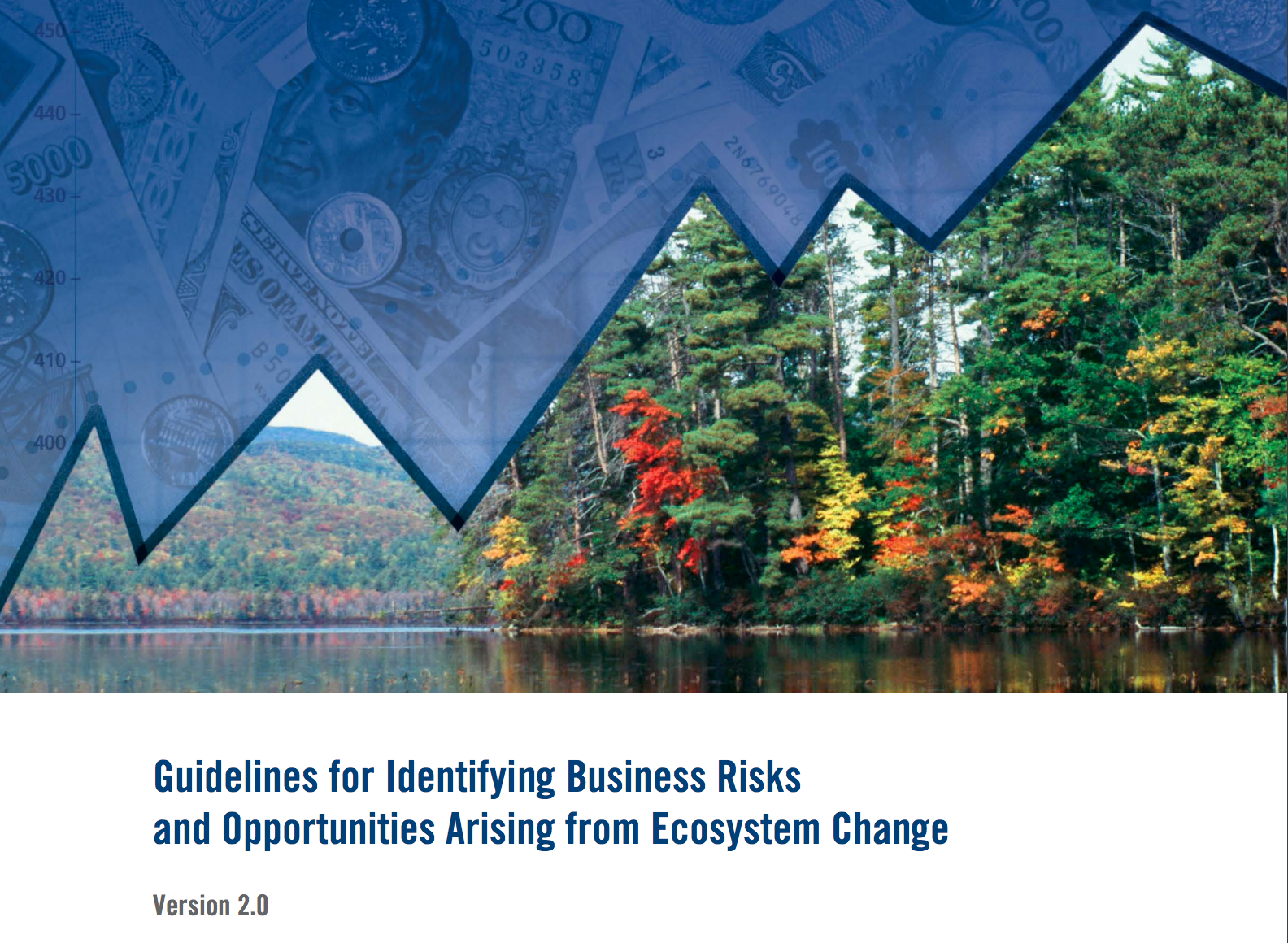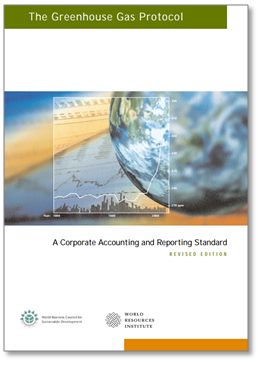Ecosystems provide businesses with numerous benefits or “ecosystem services.” Forests supply timber and wood fiber, purify water, regulate climate, and yield genetic resources. River systems provide freshwater, power, and recreation. Coastal wetlands filter waste, mitigate floods, and serve as nurseries for commercial fisheries.
However, human activities are rapidly degrading these and other ecosystems. The Millennium Ecosystem Assessment—the largest audit ever conducted of the condition and trends in the world’s ecosystems—found that ecosystems have declined more rapidly and extensively over the past 50 years than at any other comparable time in human history. In fact, 15 of the 24 ecosystem services evaluated have degraded over the past half century. The Assessment projected further declines over coming decades, particularly in light of population growth, economic expansion, and global climate change. Left unchecked, this degradation could jeopardize future economic well-being, creating new winners and losers within the business community.
Ecosystem degradation is highly relevant to business because companies not only impact ecosystems and the services they provide but also depend on them. Ecosystem degradation, therefore, can pose a number of risks to corporate performance as well as create new business opportunities. Types of risks and opportunities include:
• Operational –Risks such as higher costs for freshwater due to scarcity, lower output for hydroelectric facilities due to siltation, or disruptions to coastal businesses due to flooding –Opportunities such as increasing water-use efficiency or building an on-site wetland to circumvent the need for new water treatment infrastructure
• Regulatory and legal –Risks such as new fines, new user fees, government regulations, or lawsuits by local communities that lose ecosystem services due to corporate activities –Opportunities such as engaging governments to develop policies and incentives to protect or restore ecosystems that provide services a company needs Summary iv The Corporate Ecosystem Services Review • Reputational –Risks such as retail companies being targeted by nongovernmental organization campaigns for purchasing wood or paper from sensitive forests or banks facing similar protests due to investments that degrade pristine ecosystems –Opportunities such as implementing and communicating sustainable purchasing, operating, or investment practices in order to differentiate corporate brands
• Market and product –Risks such as customers switching to other suppliers that offer products with lower ecosystem impacts or governments implementing new sustainable procurement policies –Opportunities such as launching new products and services that reduce customer impacts on ecosystems, participating in emerging markets for carbon sequestration and watershed protection, capturing new revenue streams from company-owned natural assets, and offering eco-labeled wood, seafood, produce, and other products
• Financing –Risks such as banks implementing more rigorous lending requirements for corporate loans –Opportunities such as banks offering more favorable loan terms or investors taking positions in companies supplying products and services that improve resource use efficiency or restore degraded ecosystems.
Unfortunately, companies often fail to make the connection between the health of ecosystems and the business bottom line. Many companies are not fully aware of the extent of their dependence and impact on ecosystems and the possible ramifications. Likewise, environmental management systems and environmental due diligence tools are often not fully attuned to the risks and opportunities arising from the degradation and use of ecosystem services. For instance, many tools are more suited to handle “traditional” issues of pollution and natural resource consumption. Most focus on environmental impacts, not dependence. Furthermore, they typically focus on risks, not business opportunities. As a result, companies may be caught unprepared or miss new sources of revenue associated with ecosystem change.
Global degradation of ecosystems and the services they provide threatens to alter the landscape in which business operates. The Ecosystem Services Review is a proactive approach for companies to manage the risks and opportunities that are emerging. Furthermore, by helping companies make the connection between healthy ecosystems and the bottom line, it will encourage not only more sustainable business practices, but also corporate support for policies to protect and restore ecosystems.
Download the report here.










